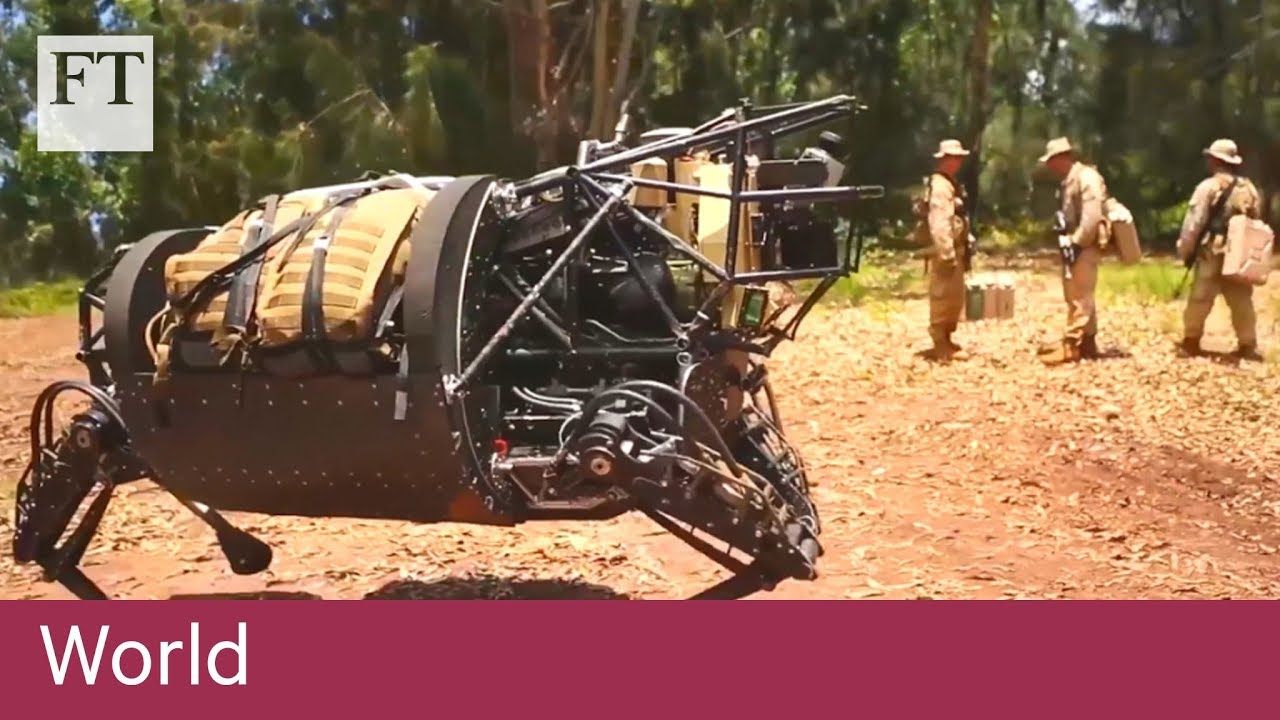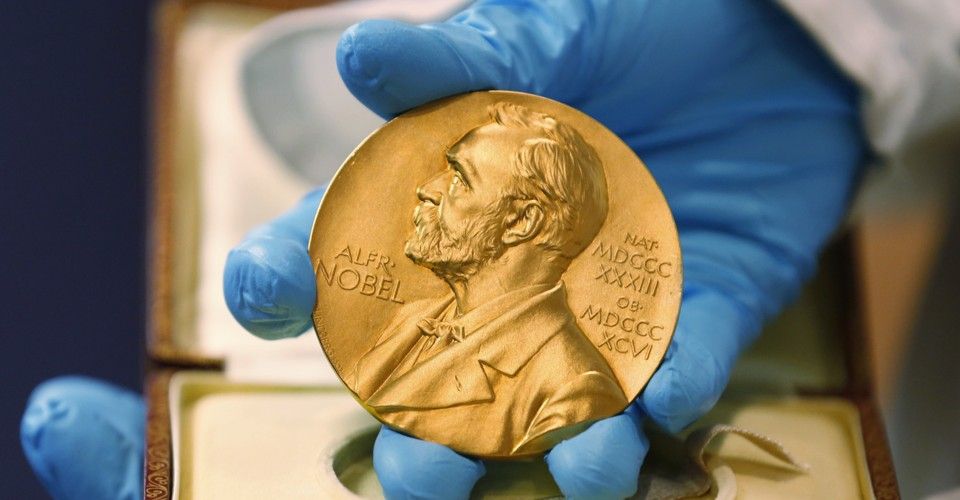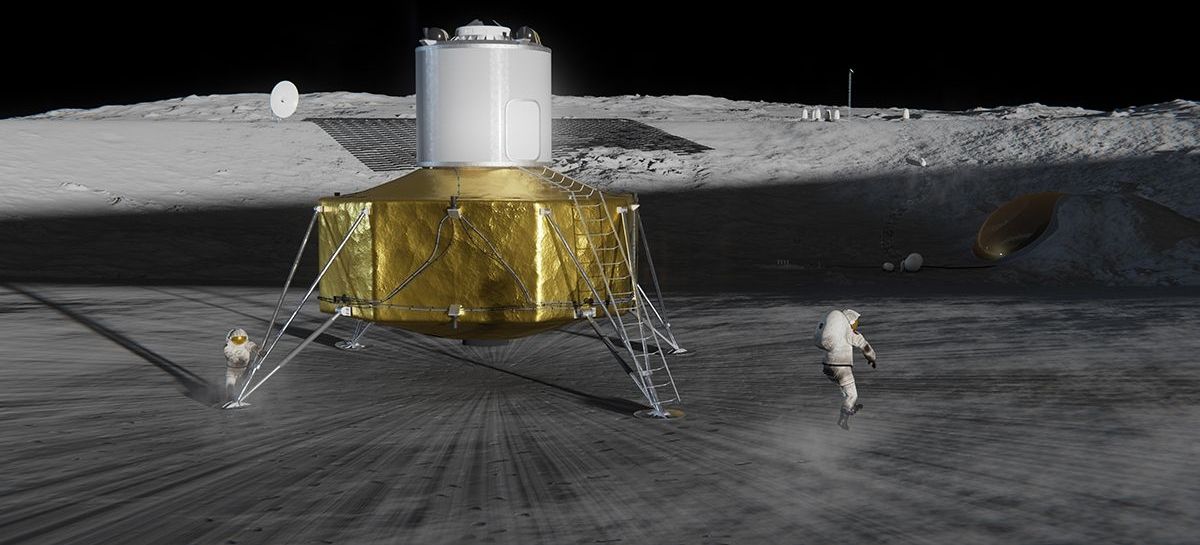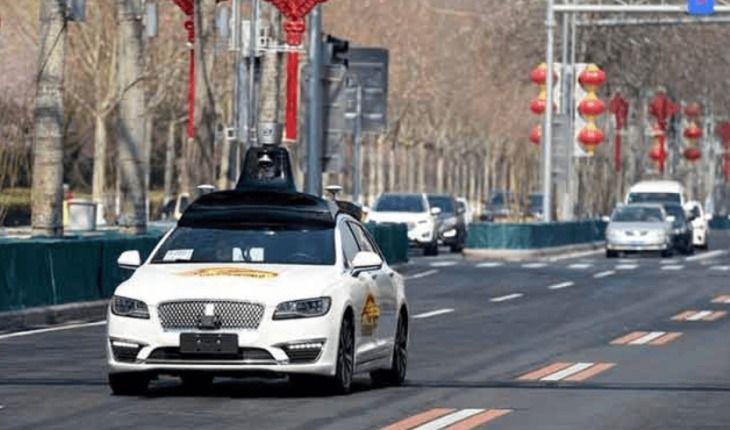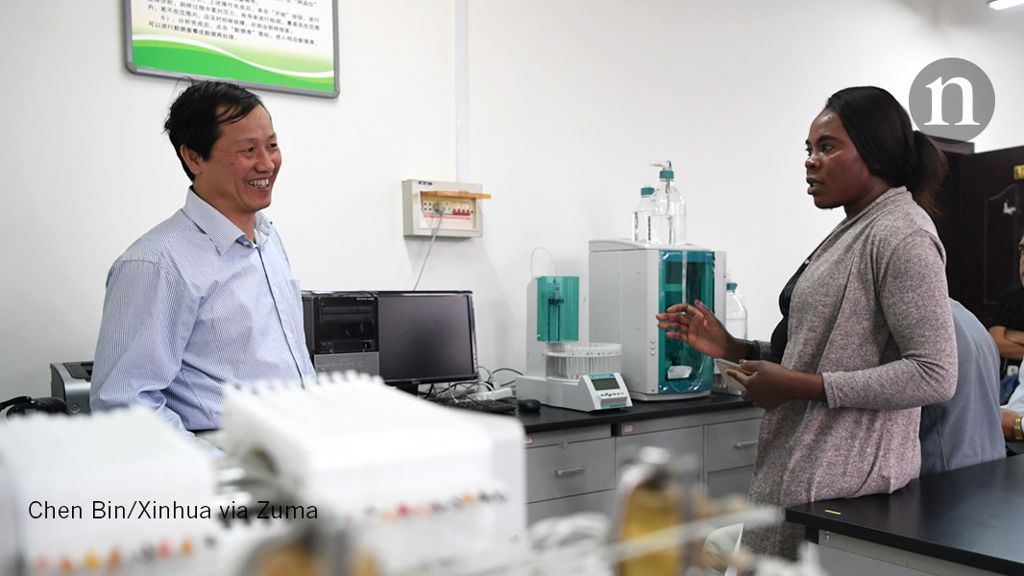Supersonic air travel is back. 15 years after the Concorde was grounded, everyone from aerospace companies to NASA to small startups is working to bring back ultrafast civilian aircraft. We take a look at the engineering challenges that make supersonic flight so difficult, and try to figure out what’s different about this new generation of planes.
The Verge’s sponsors play an important role in funding our journalism, but do not influence editorial content. For more information about our ethics policy, visit https://www.theverge.com/ethics-statement.
Subscribe: http://bit.ly/2FqJZMl
Like Verge Science on Facebook: http://bit.ly/2hoSukO
Follow on Twitter: http://bit.ly/2Kr29B9
Follow on Instagram: https://goo.gl/7ZeLvX
Community guidelines: http://bit.ly/2D0hlAv



